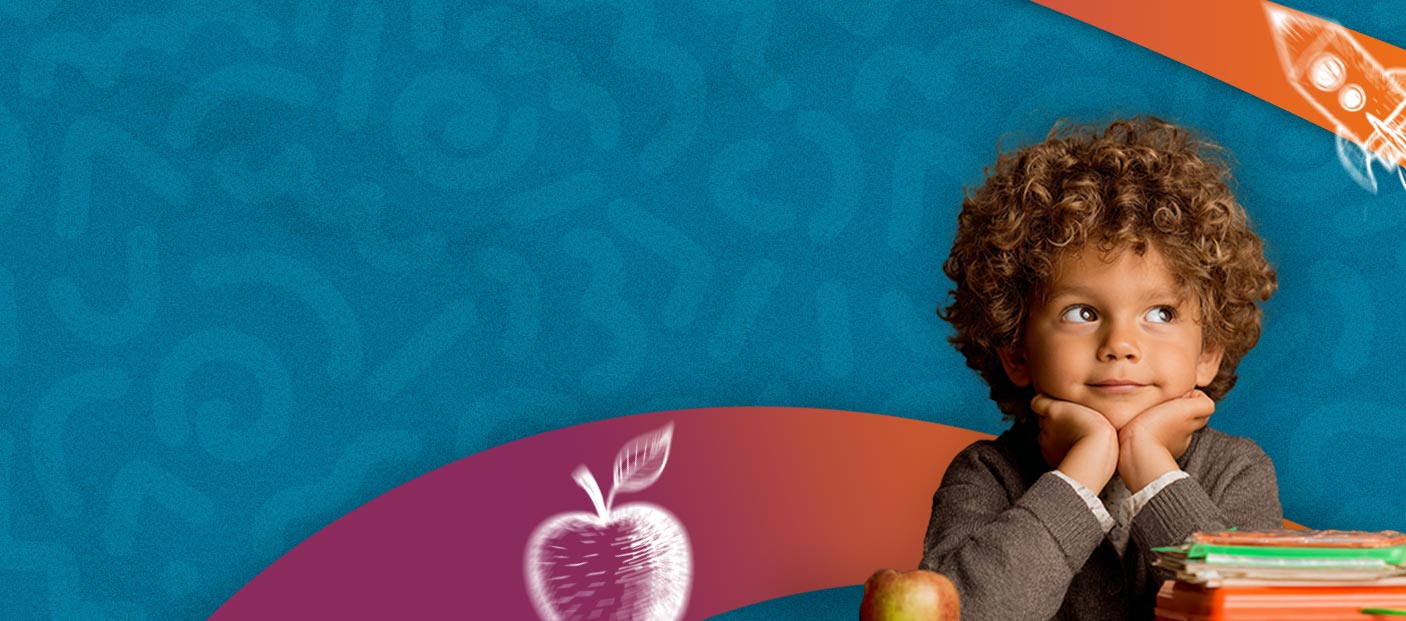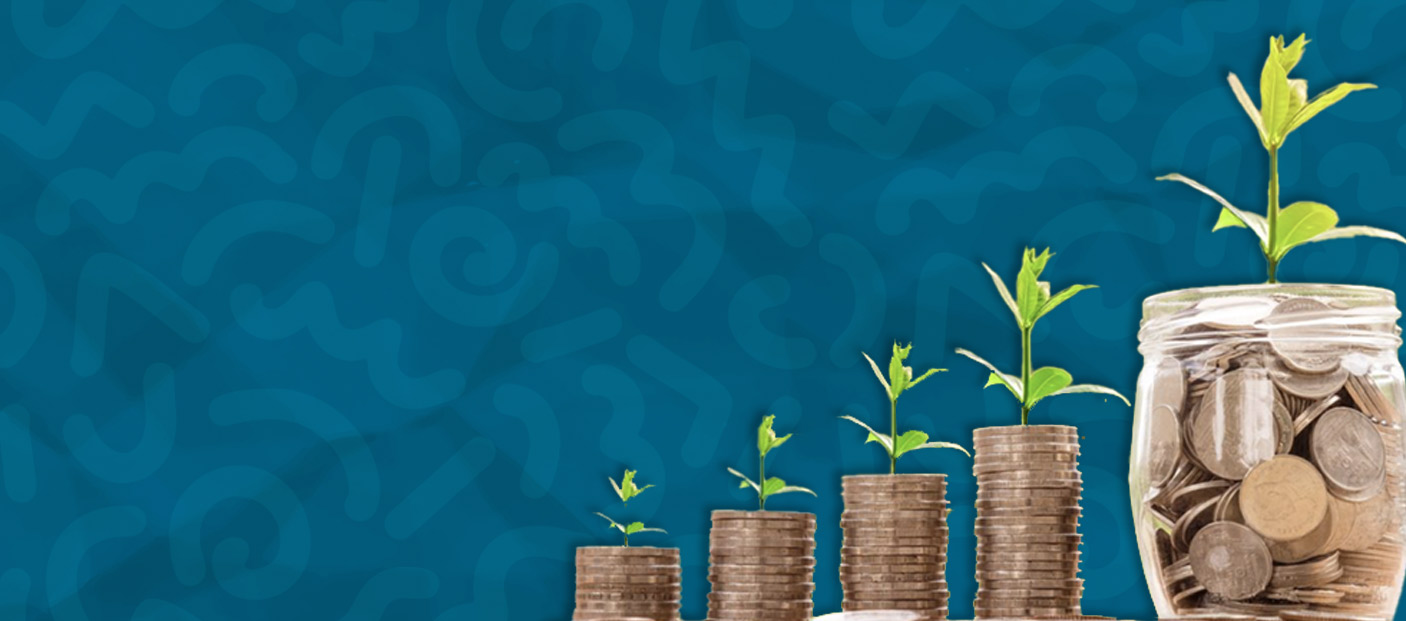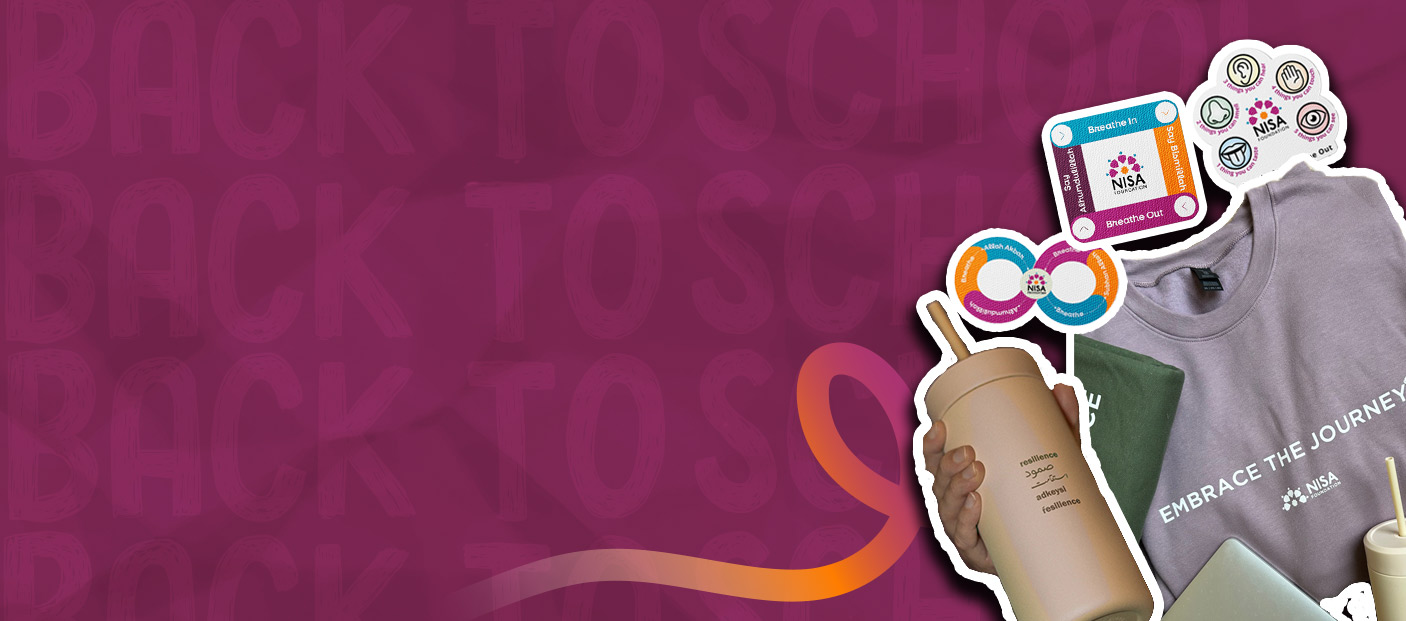Emotional Regulation 101: Teaching Kids How to Name and Manage Feelings
In the early years of a child’s life, emotions often show up in big, messy, and sometimes overwhelming ways. Tears over spilt milk, meltdowns at bedtime, or outbursts during playtime can leave parents and caregivers feeling confused or frustrated.
But it is important to remember that these moments aren’t just about bad behaviour—they’re often opportunities to teach one of the most important life skills: emotional regulation.
What Is Emotional Regulation?
Emotional regulation is the ability to recognize, understand, and manage one’s emotions in healthy and appropriate ways. For children, this means being able to say, “I feel mad,” instead of hitting, or taking deep breaths when anxious instead of withdrawing completely. It’s a skill that develops over time—and with guidance.
Children aren’t born with the ability to regulate their emotions. It’s something they learn through repeated experiences with caring adults who model calm, provide vocabulary for feelings, and teach them what to do when emotions feel too big to handle.
Why Teaching Emotional Regulation Matters
When children are taught to name and manage their feelings, they are better able to:
· Form healthy relationships
· Solve problems with empathy and fairness
· Handle stress and change
· Build resilience and confidence
Unregulated emotions in childhood can lead to difficulties in school, strained relationships, and even long-term mental health challenges. But the good news is that emotional regulation can be taught—and it starts with understanding.
How to Support Emotional Regulation at Home
Here are some simple, practical ways parents and caregivers can help children build this vital skill:
1. Name the Feeling
Use simple, clear language to help children identify what they’re feeling. Instead of “stop whining,” try “I see you’re feeling frustrated because you wanted more time to play.” You can even have children draw, colour or write out their emotions to help them identify how they are feeling.
2. Normalize Emotions
Let children know that all feelings are okay and that big emotions are part of being a human. This alone can help to calm their nervous system. At the end of the day, it’s what we do with them that matters.
The Prophet ﷺ modeled this beautifully by always showing gentleness and patience with children, validating their emotions with mercy and understanding.
3. Create Calm-Down Strategies
Help children discover tools they can use when emotions run high: deep breathing, mindfulness, taking space, drawing, or even cuddling a soft toy. Giving them choices empowers them to take control of their emotional responses.
4. Model Regulation Yourself
Children learn by watching. When adults handle their own stress calmly and express emotions in healthy ways, kids absorb those behaviours. Saying things like “I’m feeling tired after a long day of work and need a few quiet minutes” teaches boundaries and self-awareness.
5. Use Stories and Faith-Based Language
Incorporating faith into emotional wellness can be incredibly grounding. Sharing stories of the Prophets who experienced grief, fear, and sadness—like Prophet Yaqub (AS) or Musa (AS) and how they dealt with it—can help children see that their feelings are part of the human experience, and that turning to Allah is always part of the solution.
How Nisa Foundation Supports Emotional Wellness in Children
At Nisa Foundation, emotional regulation is at the heart of the support we provide through our Child and Youth Care Program. Many of the children who come to Nisa Homes have faced traumatic experiences such as witnessing abuse, living in unstable environments, or being separated from caregivers.
These early experiences make it much harder for them to understand or manage their emotions, often leading to outbursts, withdrawal, or anxiety.
Through our program, children receive consistent, trauma-informed care that helps them rebuild trust and learn to regulate their emotions in safe, healthy ways.
Our child and youth care professionals use play, art, stories, and faith-based tools to guide emotional development. We also support mothers and caregivers so they can continue this emotional learning at home.
We don’t expect children to “just behave.” We listen, we validate, and we teach. Because behind every outburst is a child trying to be understood—and at Nisa Foundation, we’re committed to helping them feel seen, safe, and supported.
Final Thoughts
When we teach children how to name and manage their feelings, we’re not just reducing tantrums—we’re giving them tools for life. Emotional regulation builds stronger hearts, safer communities, and more compassionate human beings.
And for children healing from trauma, like those at Nisa Homes, it can be the beginning of a powerful journey toward hope and resilience.


.svg)


































.jpg)


.jpg)


















.jpg)










